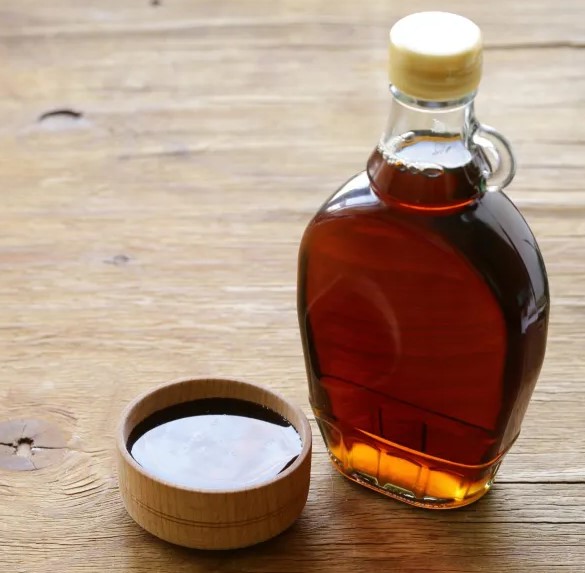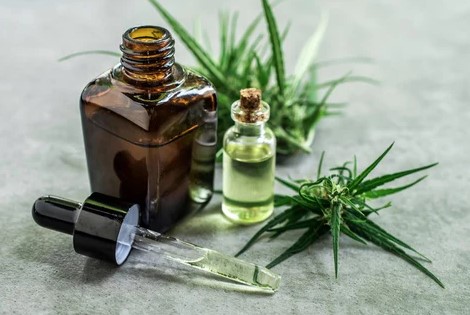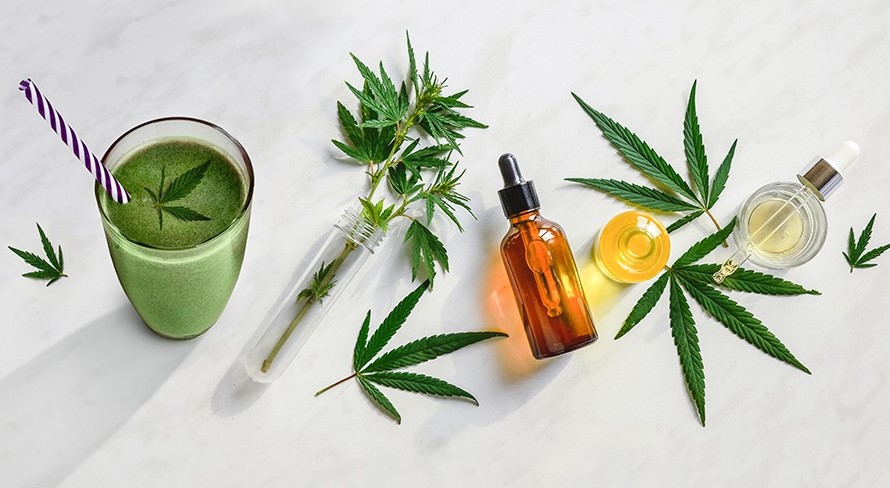The THC syrup Toronto, often known as TCH or Rick Simpson Oil, is a sweet, thick liquid that contains vegetable glycerine, sugar, and cannabis concentrate. It has the consistency of thick cough medicine and produces many of the same highs as traditional cannabis edibles.
THC syrup is a highly flexible marijuana product that provides discretion and extremely powerful amounts of cannabis to the demanding consumer. We’ll look at THC syrup in further detail in order to discover its applications, how it’s produced, and the numerous potential applications.
THC syrup is a thick, sweet liquid made up of vegetable glycerine, sugar, and cannabis concentrate. It has the texture of thick cough syrup and many of the same effects as traditional cannabis edibles.
THC syrup is a highly adaptable cannabis product that gives discretion and high levels of cannabis to the picky consumer. In this post, we look at THC syrup in further depth to discover its applications, production methods, and other potential uses.
What Is THC Syrup?
THC syrup is a liquid cannabis product created by combining THC extract or concentrate with vegetable glycerine, coconut oil, or sugar. By changing the psychoactive THC into a liquid form, this transformation of the mind-altering THC produces longer-lasting and faster highs than a regular edible, making it increasingly popular among marijuana users.

THC-free THC syrups are somewhat sweet in taste and resemble the sweetness and viscosity of cough syrups, but without the unpleasant medicinal flavor. These syrups are very concentrated, containing a lot of sugar, and should be consumed in moderation. Newcomer cannabis users should be cautious about these sugary products due to their high sugar content.
Dispensaries may sell THC syrups in cough syrup-style bottles with clearly marked THC amounts, measured in milligrams, to enable simple dosing. Alternatively, individuals can make homemade THC syrup with only a few components.
How It’s Made
There are several methods to personalize DIY THC syrups to a patient’s liking, but the basic actions are the same in each recipe.
- To convert the THCa in cannabis buds into THC, decarboxylate them before extracting. If you’re already utilizing a cannabis concentrate like wax or hash oil, you don’t need to do this step.
- Make a simple syrup by combining equal parts water and sugar in a saucepan and bringing to a boil. Reduce the heat as the sugar dissolves.
- To decarb your flower or cannabis extract, place it in a double boiler on low heat for 30 minutes.
- Reduce the heat to low and add two (2) tablespoons vegetable glycerine for every three (3) cups of liquid.
- Remove from heat and let cool for another five (5) minutes before serving. If you’re using flower, strain the liquid after removing the plant matter to collect the cannabis resin.
Benefits and Uses
THC syrup, when taken as directed, has the same health effects as other marijuana edibles. THC syrup is a smokeless way of consuming cannabis, eliminating the hazards associated with igniting and smoking plant material. THC syrup is also more rapidly acting than gummy or other infused meals, with effects onseting 30 minutes after ingestion. Always wait at least 30 minutes before ingesting again to allow for maximum absorption. You can never take less; however you may never take more.
Pain Relief
One of the most common reasons that people use cannabis is to alleviate chronic pain and inflammation. THC syrup gives comparable levels of pain relief as other high-dose consumption alternatives while posing a lower barrier to entry than extracts or smoking.
Nausea
THC (and thus THC syrup) has also been found in numerous studies to assist with nausea and vomiting discomfort. According to the research, THC (and therefore THC syrup) can be used to minimize nausea and vomiting symptoms.
Side Effects and Risks
The most common adverse effects associated with cannabis consumption are nausea and anxiety, both of which can be reduced by taking a small dose. Although cannabis has few negative side effects, excessive consumption might induce unpleasant symptoms such as fatigue or paranoia. Patients should always consult their doctor to determine the ideal THC syrup dosage for their specific condition and physiology. Keep in mind that it’s one of the more powerful THC products, and new consumers should start with a tiny dose when experimenting.
Mixing THC syrup with alcohol might result in unpleasant side effects, as demonstrated by a 2013 study that found that combining cannabis and liquor increased the risk of potentially deadly interactive psychopharmacological interactions.
THC syrup often has high sugar levels, which is why it’s important to consider what cannabis product or technique is best for you while making your selection.
How to Use THC Syrup
THC Syrup is popular among cannabis users since it may be taken in a variety of ways. It’s also easy to use and versatile, which makes it appealing to both novice and seasoned consumers. Newcomers should start with lower doses and gradually increase their dosage until they discover the optimum amount that works for them.

Sublingually
THC syrup, like cannabis tinctures, may be placed under the tongue and absorbed. Place the correct amount of THC solution under your tongue and hold it there for a few seconds before swallowing.
Drink/mixed drinks
THC syrup is simple to consume, whether on its own or mixed into your favorite beverage. Simply measure out the amount you want and top it with a drink of your choice.
THC syrup is absorbed through the mouth more slowly than sublingual absorption, but faster than solid edibles such as gummies.
In recipes
In many homemade recipes, THC syrups are used as a tasty ingredient. They may be incorporated into maple syrup as a delicious waffle topping, used in salads as dressings, mixed in with marinades for dinners, and much more.
Alternatives to THC Syrup
Many alternative cannabis products are available if THC syrup doesn’t appear to be a good fit for you. Smoking marijuana or eating marijuana edibles are always options, as well as higher potency consumption techniques such as vaping and cannabis extracts. Tinctures can also be used in many of the same ways that syrups can, with similar onset times.
Always consult with your doctor before selecting a cannabis consumption strategy based on your specific issues and physiology. THC syrup may be used for children as young as six months old, but it’s better to wait until the age of two or three years old.
The Bottom Line: Should You Use THC Syrup?
THC syrup is a simple, flavorful, and inconspicuous way to obtain medical cannabis’s benefits without the negative effects of smoking. While it is more concentrated than other consumption choices, THC syrup dosages that are appropriately measured can be an easy and dependable method of ingesting medical marijuana.
Frequently Asked Questions
Is THC syrup the same as Lean?
The term “Lean” refers to prescription codeine-promethazine cough syrup that is frequently combined with another drink such as soda or alcohol. Lean’s roots can be traced back to hip hop culture, but it’s a different thing altogether. Lean is also known as “Purple Drank,” “Sizzurp,” and “Dirty Sprite.”
Although THC concentrate is less harmful and psychoactive than lean, it does not contain opiates. Codeine, on the other hand, is highly addictive and can result in an overdose or death when mixed with other substances or alcohol.
It’s important to consider that THC syrup is legal in every state where cannabis is lawfully recognized. In fact, it may be compared to opioid-based prescription drugs like Lean, which have been proven to be considerably more harmful for users than cannabis-based syrups.
Can using THC syrup harm you?
THC syrup, on the other hand, is simply a different method to consume cannabis that has little to no toxic effects beyond those associated with THC’s interaction with the body. Overdosing on THC can occasionally overwhelm users, causing unpleasant dry mouth, paranoia, and anxiety in some cases. In addition, due to its high sugar levels and proximity to alcohol calories (140 per dose), THC syrup is especially dangerous when taken in excess.
What can I use THC syrup for?
Patients may use THC syrup to alleviate a variety of medical issues, including pain and inflammation, nausea, insomnia, stress/anxiety, skin problems, and more.
